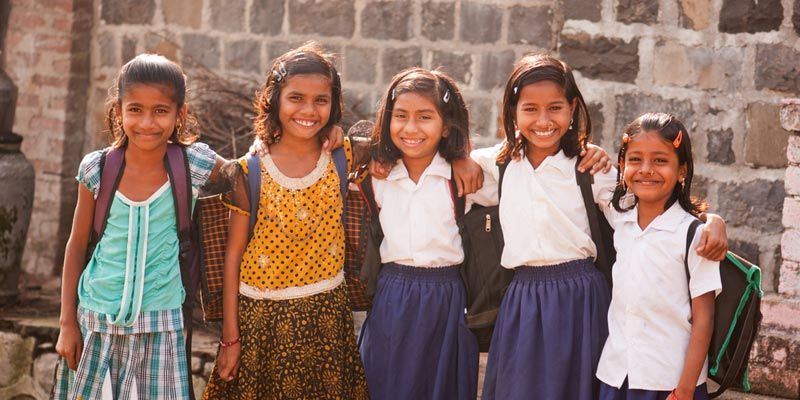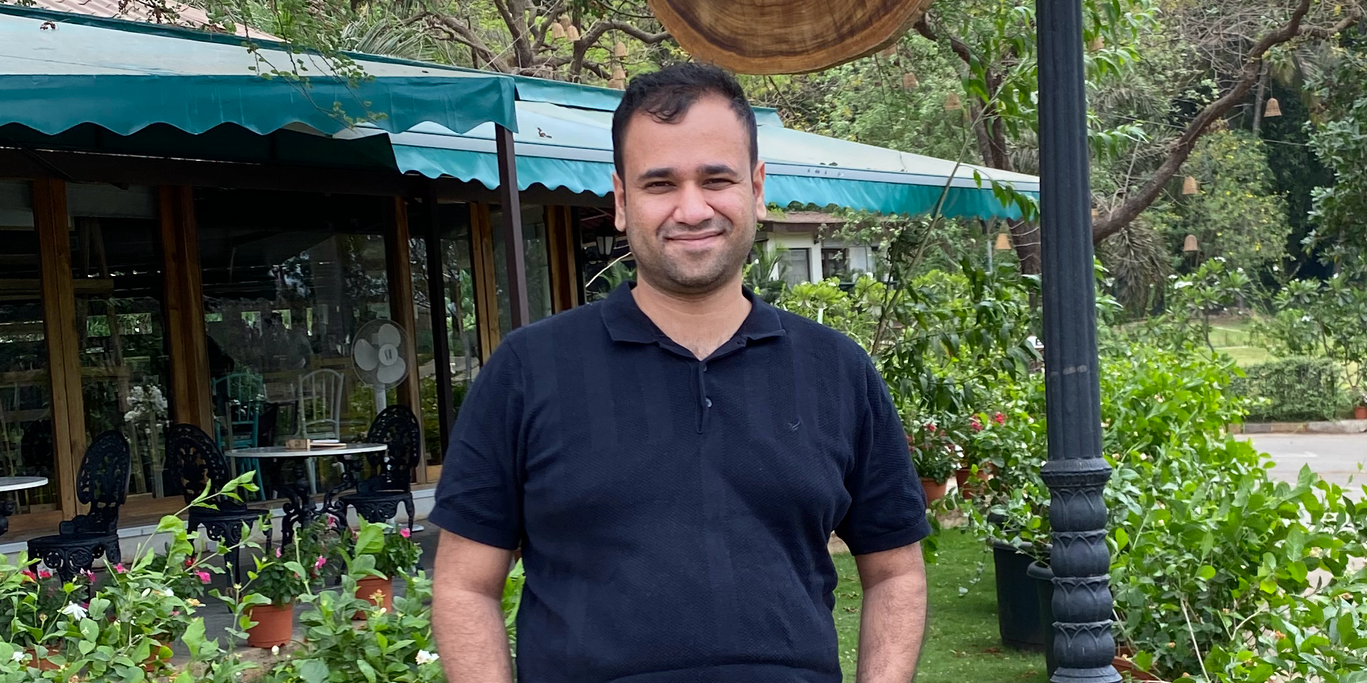What the education sector can expect once GST kicks in
Education is a major sector of any economy, the quality of which, very often, determines its future. It has been a fundamental right since the Right of Children to Free and Compulsory Education Act was passed by the Parliament in 2009. Thus, it is the country's foremost duty to ensure the provision of and accessibility to low cost, quality education.
Hence, as promised, the GST Council administered no shocks while releasing the rates of GST applicable to services, and continued to exempt education—albeit with conditions applied—and healthcare. "Our entire purpose will be that we don't upset anything that is there now. We will try to do some smooth landing. So we will recommend to GST Council that whatever is the existing exemption list for service tax they should continue because we cannot do too many things at the same time," Revenue Secretary Hasmukh Adhia had said.

In India, both public as well as private sector organisations operate as education providers, but the sector overall has enjoyed tax exemption in order to push for maximum literacy with maximum coverage.
Do bear in mind that the exemption only applies to education from the pre-school level, up to higher secondary, imparting a curriculum for obtaining a qualification recognised by any law for the time being in force; and education as a part of an approved vocational education course.
Here is a list of services, as per a notification disseminated by the CBEC, that shall continue to be exempt from the levy of taxes, in the new GST regime as well.
1. Services provided-
- By an educational institution to its students, faculty and staff;
- To an educational institution, by way of transportation of students, faculty and staff; catering, including any mid-day meals scheme sponsored by the government; security or cleaning or housekeeping services performed in such educational institution; services relating to admission to, or conduct of examination by, such institution; up to higher secondary.
2. Services provided by the Indian Institutes of Management, as per the guidelines of the Central government, to their students, by way of the following educational programmes, except Executive Development Programme-
- Two-year full-time residential Post Graduate Programmes in Management for the Post Graduate Diploma in Management, to which admissions are made on the basis of Common Admission Test (CAT), conducted by Indian Institute of Management;
- Fellow programme in Management;
- Five-year integrated programme in Management.
3. Services by way of training or coaching in recreational activities relating to-
- Arts or culture.
- Sports by charitable entities registered under Section 12AA of Income Tax Act, 1961;
4. And, lastly, any services provided by:
- The National Skill Development Corporation set up by Government of India;
- A Sector Skill Council approved by National Skill Development Corporation;
- An assessment agency approved by Sector Skill Council or National Skill Development Corporation;
- A training partner approved by National Skill Development Corporation or Sector Skill Services Council in relation to National Skill Development Programme implemented by the National Skill Development Corporation; or a vocational skill development course under National Skill Certification and Monetary Reward Scheme; or any other Scheme implemented by National Skill Development Corporation.
Services of assessing bodies empanelled centrally by Directorate General of Training, and the Ministry of Skill Development and Entrepreneurship, that fall under the Skill Development Initiative (SDI) Scheme shall also be exempt from GST in its first leg.
Supplies provided by third parties like musical instruments, computers, sports equipment, after-school activities offered directly by third parties, food and accommodation supplied for excursion mentioned above and uniform, stationery, and other non-academic related supplies would not be exempt from GST.
As of now, the Indian government spends about four percent of its GDP on education, of which 50 percent is allocated to primary education, including educational institutions for higher education, private players as well as coaching institutions under the lower tax slabs, which will help improve the quality of education in the country, as well as ensure proximity and, hence, access.
Moreover, seamless credit on input tax should be implemented across the supply chain, in order to bring down the total cost of education upon India's journey into the GST era.










![[Funding alert] Digital lending platform Revfin raises Rs 100 Cr in debt round](https://images.yourstory.com/cs/2/31ee0510ca7c11eba975c529dced399e/MalvikaCopyofImageTagging52-1647263527421.png)
